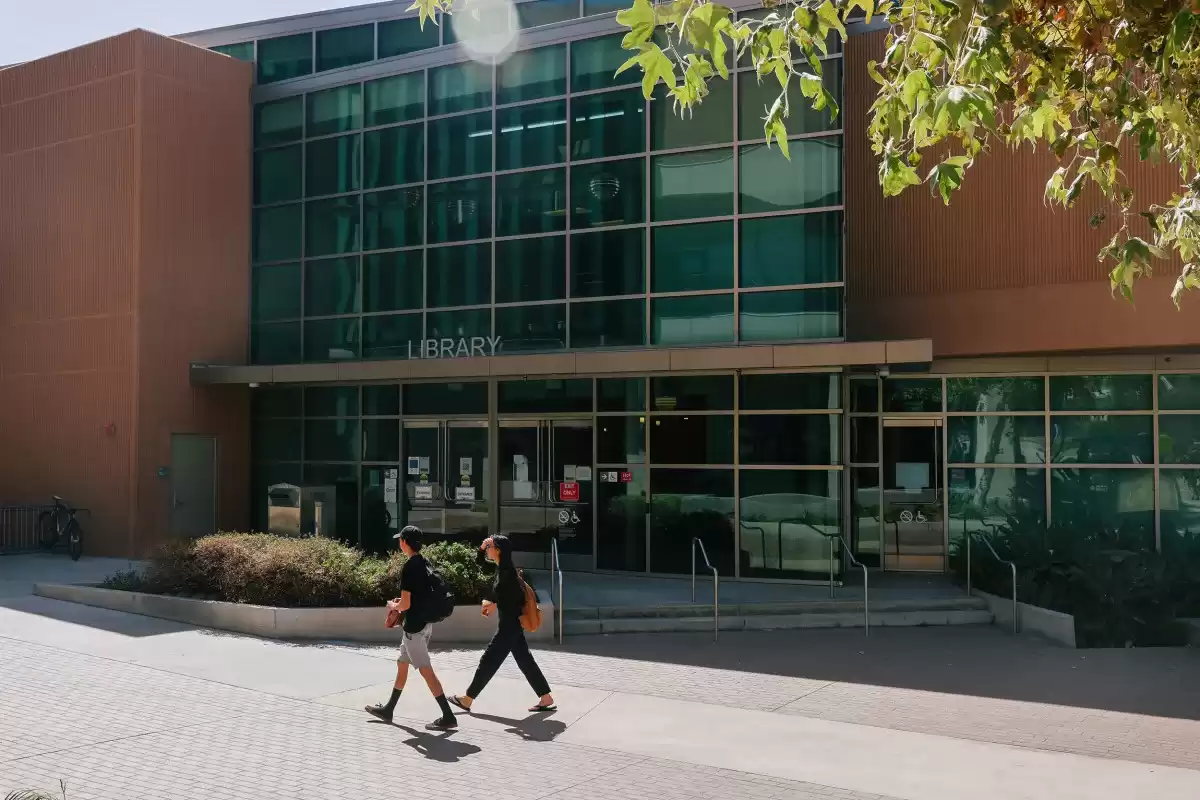Affirmative Action Debate Leaves Asian American Low-Income Community College Students Feeling Ignored
Asian American low-income and community college students express concerns over affirmative action ruling.
Angelynn Jimenez, an 18-year-old Filipina American student at a community college in Chicago, expressed her concerns about the potential elimination of affirmative action by the Supreme Court. She has personally benefited from programs aimed at supporting socioeconomically diverse students, which helped her secure scholarships for STEM programs in high school and participate in community volunteering during college. Jimenez, who grew up in a low-income household, emphasized that one's birth circumstances should not determine their access to educational opportunities.
While the debate on race-conscious admissions often focuses on Asian Americans attending prestigious private universities, a significant proportion of the community actually attends community colleges. In California, for instance, where there is a large Asian American population, 41% of Asian American freshmen in 2020 enrolled in community colleges. Following the Supreme Court's ruling, Asian American low-income and community college students have expressed a range of emotions, from concern to relief, but all share uncertainty about what the future holds.
For many students attending community college, it serves as a stepping stone to earn general credits before transferring to a four-year institution. Affirmative action policies are often relied upon by these students to gain admission to more selective schools.
Educational attainment levels vary across the Asian American diaspora. Southeast Asian Americans, for example, face challenges related to poverty, resulting in lower rates of educational achievement, largely due to their experiences as refugees. According to data, 29% of Vietnamese, 18% of Laotian, and 16% of Cambodian American adults hold bachelor's degrees or higher, compared to 54% of Asian Americans overall.
Experts argue that the elimination of race-conscious admissions could exacerbate existing disparities for Asian American groups that already face barriers to higher education. Kham Moua, the national deputy director of the Southeast Asia Resource Action Center, explains that high-quality education has historically been divided along racial lines. Without affirmative action, access to prestigious institutions could be reversed, hindering students of color who have been historically underrepresented in colleges and universities.
Moua emphasizes that widening access to education across all types of institutions is a significant concern, particularly for Southeast Asian Americans who predominantly attend state or community colleges rather than Ivy League or high-profile schools. He explains that the focus is on ensuring that Southeast Asian students have the necessary resources to attend any university.
Mercuri Lam, a Chinese American high school senior, highlights the positive impact of affirmative action on their high school experience and college search. Lam, who attends boarding school with financial aid and a scholarship, emphasizes that affirmative action programs, such as "fly-in" programs, provide opportunities for marginalized students to visit schools they may not have been able to afford otherwise. Lam believes that affirmative action aims to address inequality in historically privileged white institutions.
Opinions within the Asian American community regarding affirmative action are complex and varied. According to a Pew Research Center survey, 53% of Asian Americans who are aware of the policy view it as a good thing, while 19% consider it a bad thing. However, 21% believe that colleges should consider race and ethnicity in admissions decisions. A survey conducted by the nonprofit group APIAVote found that 69% of registered Asian American voters support affirmative action programs designed to improve access to higher education for Black people, women, and other minorities.
Nevertheless, some low-income Asian American students have reservations about affirmative action. Emily Fu, a Chinese American freshman at East Los Angeles College, opposes affirmative action, expressing concerns that admissions officers may not see Asian American applicants as individuals, potentially overlooking their unique qualifications. Fu, who comes from a low-income background, believes that the conversation around higher education should focus more on low-income students like herself, who may lack the same resources and access as their wealthier counterparts.
Champ Liudi, an Indonesian American freshman at ELAC, shares Fu's opposition to affirmative action policies. Liudi, who also comes from a low-income family, believes that such policies could lead to generalizations about Asian Americans. He argues that addressing generational poverty, rather than race, should be the focus of admissions policies. Liudi suggests that an income-based admissions policy would be more preferable, as low-income households may not have the means to achieve high test scores or participate in extracurricular activities due to financial constraints.
Asian American groups acknowledge that the Supreme Court's ruling may eliminate the consideration of race in admissions, but they highlight the existence of other diversity programs. They intend to hold schools accountable for creating opportunities for students of color. Chinese for Affirmative Action, a nonprofit organization, stated that while the Court's decision is a setback for achieving true equality in education, it is crucial to recognize that the ruling only pertains to race-conscious admissions and does not affect other important measures like targeted outreach, recruitment efforts, and ensuring diverse faculty and college leadership.












Comments on Affirmative Action Debate Leaves Asian American Low-Income Community College Students Feeling Ignored